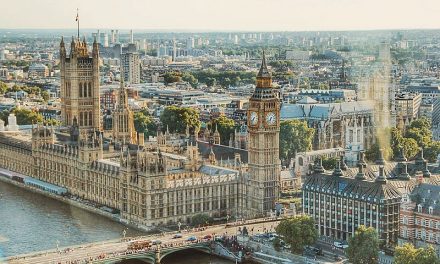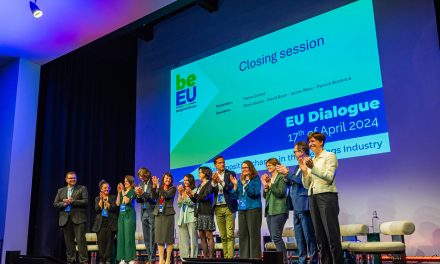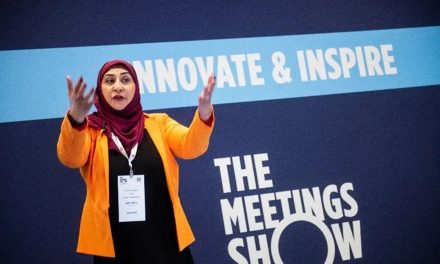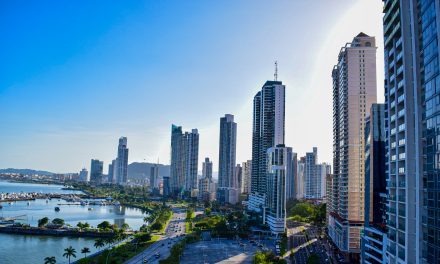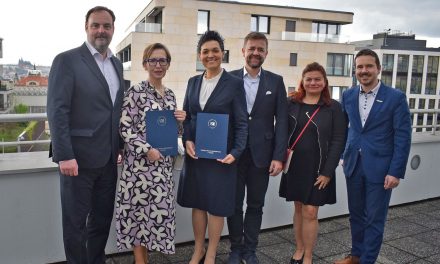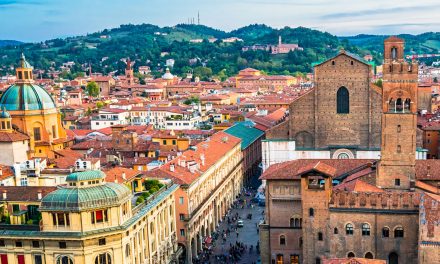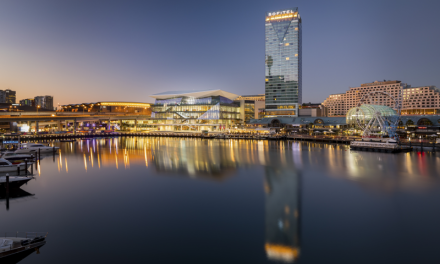CIM: Ms Weizsäcker, what has been the strategy of the European trade fair industry in the face of the Covid 19 crisis?
Barbara Weizsäcker: Right from the outset of the pandemic, the European trade fair industry has been supportive and played its part, providing Covid hospitals and other forms of logistical support and then test centres. Currently, many vaccination centres are based at trade fair and convention centres. At the same time, all trade fair industry players have been working proactively and collaboratively on coronavirus-compliant health and safety strategies to enable events to be held safely again quickly. Close contacts with politicians and administrators at EU, national and local levels have resulted in positive exchanges and a basic understanding of the role, importance and requirements of trade fair centres, event organisers and all the service providers involved. Now that the vaccination programme is picking up speed, we are supporting all initiatives designed to make (business) travel safe again within the EU as well as internationally both on a regulatory and a practical level. Our customers need clarity about the conditions for travel. Without that, event organisers can’t plan for the autumn.
Trade fairs play an important role in the European economy. Do the EU subsidies that have been approved so far reflect this?
The EU quickly enacted a temporary framework for state aid to support the economy, which it has since enhanced and extended more than once, and it has also provided various forms of financial assistance to its member states. When subsidies are applied for, they are cleared very quickly. However, the support for the trade fair industry in most European countries in no way reflects the importance of the industry or the extent of its financial requirements. The European trade fair industry’s total revenues dropped by 68% in 2020 compared to the previous year. 2021 threatens to be similarly disastrous. At the same time, trade fair centres and organisers are investing in digital event tools and health and safety measures at their venues. Funding is required urgently to empower the trade fair industry to make a critical contribution to the economic recovery through on-site, hybrid or digital events.
The European Commission proposed for a Digital Green Certificate to facilitate safe travel within the EU. Is this the starting signal for the reopening of the European trade fair industry?
We very much hope so and are urging that this Regulation be quickly adopted and implemented. The technical implementation process has already begun in parallel. The most important factor here, however, is the vaccination campaign, together with reciprocal recognition of vaccinations and tests. The Digital Green Certificate will merely provide a form of verification based on all that. The easing of travel restrictions will be decided on separately. Things need to advance quickly now so that trade fairs can go ahead again with European and international involvement.
There will still be national provisions and restrictions. Do we need a unified European approach here, too?
The European Commission has come up with very concrete proposals for a harmonised approach and clear European-wide rules. For example, it has defined travel to trade fairs from outside the EU and plans to admit all vaccinated travellers once the Green Certificate is in place.. However, it is up to the member states to implement these recommendations, and there is no consensus yet in favour of a unified approach. The EU has no right to intervene here. Countries that rely on tourism for revenue will be offering good travel conditions for the summer season. Greece is currently pressing ahead with that. This is increasing the pressure on all other countries and will hopefully lead to a greater readiness to change the rules, provided the pandemic situation allows it.
Many thanks for the interview, Ms Weizsäcker. Johanna Müdicken




